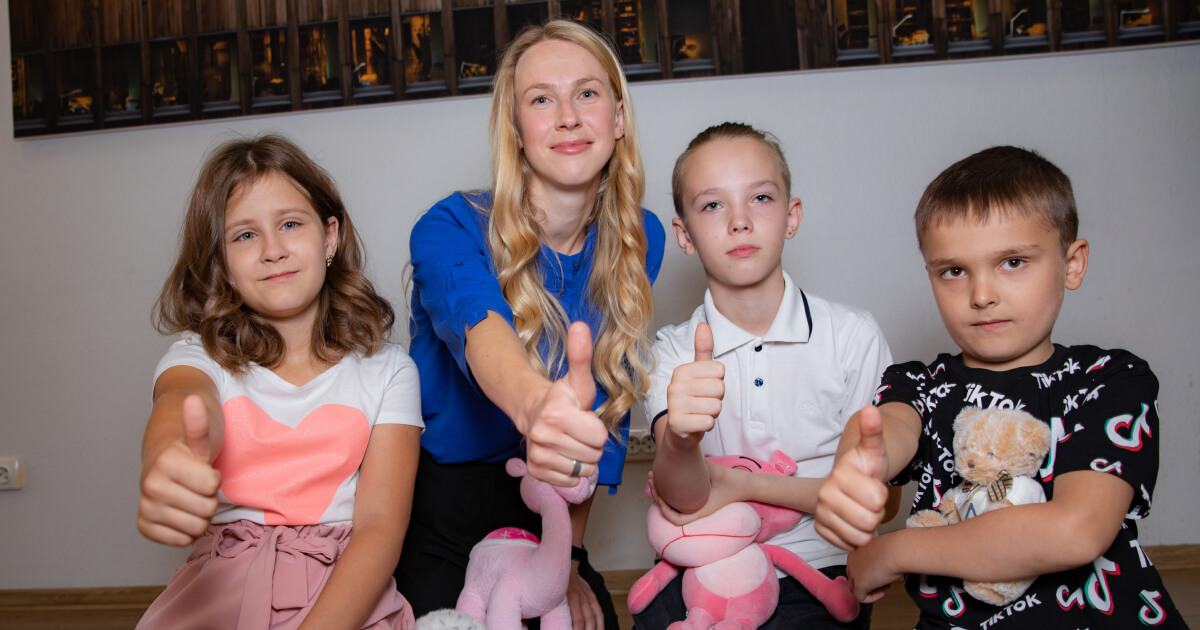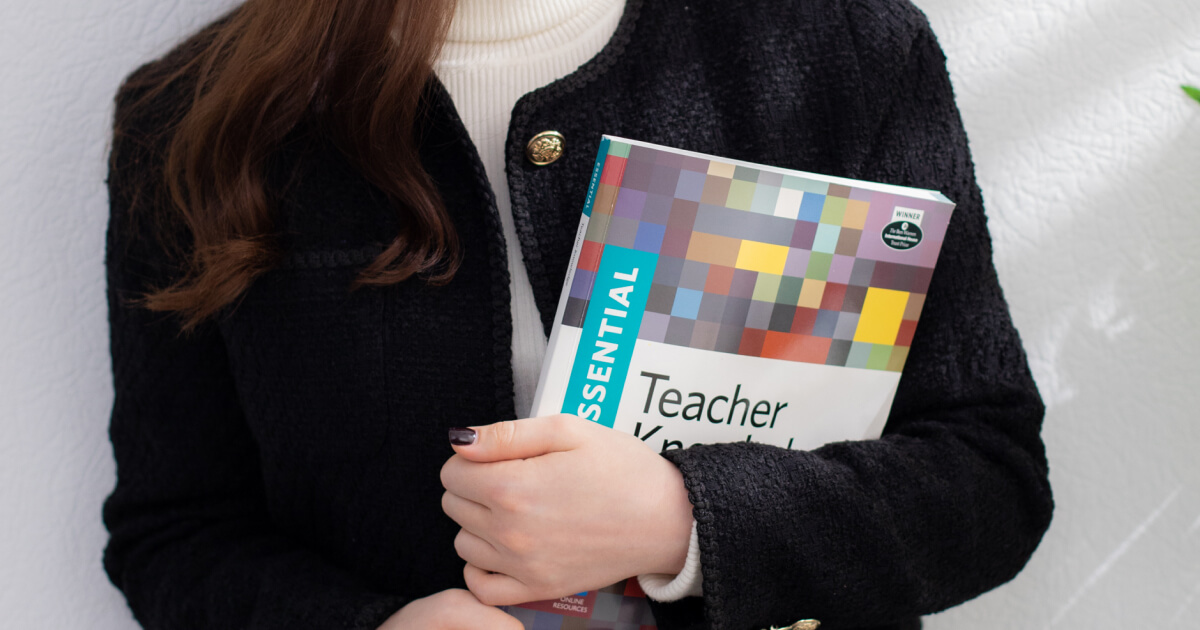
The first lesson with teen groups: dos and don’ts
- Tips & Strategies
- Methodology

29.09.2023
How much time in your lesson do you spend practicing pronunciation with your students? The older the students, the less, because there are things more important, such as complex grammar or new vocabulary.
During his workshop, Adrian Underhill once said:
Pronunciation is the Cinderella of teaching.
It is difficult to disagree because it's hardly possible to find a teacher who would dedicate an entire lesson to pronunciation.
If we help students improve their pronunciation, they will be able to communicate better in English both in class and outside of school, because very often misunderstandings occur due to incorrect pronunciation.
Today, we offer you a selection of games for young learners, teenagers and adults that will add more variety and more practice of English pronunciation to your classes.

Teach reading with confidence
Transform your lessons with usIt’s a perfect group of learners because children aged 6-12 are very motivated and not afraid to experiment.
They also like repeating new sounds, copying pronunciation, and they will not miss a chance to get up and move in class.
Here are some great compilations of songs with phonics:
Drill the materials effectively!
If this version of the game is a bit difficult, students can just name the sound, and their partners have to find the word in their Bingo cards.
And in this video, there is another interesting variation of this game. Check it out!
You can play the Rhyming Bingo or Rhyming Memory depending on the needs of your students. These are the simplest games and easy to adapt.
Rhyming Race. Stick a picture or a word on each child's back. On your command, the students should find a partner who has a word on his back that rhymes with the word on the other student's back. The winner is the one who is the first to find his partner.
Hopscotch. Probably everyone remembers this game from childhood. Draw classics with chalk or make from masking tape. Place a picture or word inside each cell. Then the teacher says the word, and the student has to jump to the word that rhymes with it.

Adolescents can often be embarrassed and rather restrained.
But they can also enjoy games and interesting handouts. In addition to the traditional Rhyming Memory Game, there are other interesting activities.
Teachers make mistakes too, and some students are really proud to notice and correct our mistakes.
So give them such an opportunity. Your task is to read aloud a sentence with or without errors, and students must say whether it is right or wrong, and correct your mistakes. It’s going to be fun!
This task can be given at the end of the lesson or even as homework.
Make sets of minimal pairs and write each word on a separate card / sheet of paper. Divide the class into two teams and have each team line up in front of the board.
The first students in the team keep their hands behind their backs. Show students two cards, for example, 14 and 40. Say aloud one of the words: fourteen. Students hit the right card. The one who hits first must use the word in the sentence to get a score for the team.
Know what to drill at higher levels!
Distribute a set of cards to each student. They take turns turning over the cards on which the words are written. If two words have the same number of syllables, the first person to say “Snap” and / or tap the cards wins all the cards that have been dealt at that time.
The winner is the one who has the most cards at the end of the game. The game also works with vowels in one syllable words and the stress in words.
This game allows students, both adolescents and adults, to solve a logical problem to complete a pronunciation task.
In the diagonal grid, write a line of words with a common sound, such as the same vowel sound, between the upper left corner and the lower right corner. In all the other cells, write words that people think have the same sound, but they don't.
Students must get from the starting point to the end of the correct route. After they finish, together with the students, use drilling to say the words on the right route, and then all the surrounding words with different sounds.

Pronunciation games for adults are a great way to liven things up and help them navigate through certain sounds and common pronunciation errors.
It is always useful to use authentic materials and language from the field of knowledge or study of your students to create the appropriate context.
For example, if you teach lessons to students in the hospitality industry, teach them to pronounce flavors, products on their menu, or explain today's special with the correct stress, etc. It's all a great learning context.
This task will add much more speaking practice to your classes.
Distribute worksheets with the words you want them to compare to students. Highlight the words in different colors on sheets A and B.
First, students read only the word to decide whether the pronunciation is the same or not, and then they read their different sentences to see if the context gives them any clues.
When students have finished with all the words, they should pronounce these words to each other and then look at each other's worksheets.
Need any ideas for your speaking lessons?
Students form a circle or choose the order of answers for an online lesson.
The teacher gives the sound, and each student has to come up with the word containing it. The next student repeats the previous words in the correct order before adding their own, or, as an option, ask your class to make up a story with words they came up with while playing with a sound chain, in groups or together.
There are a lot of tongue twisters for all levels and ages that you can use in your classes.
Practicing to say them can create a very lively and fun atmosphere, as everyone tries to do everything possible, but eventually focuses on their own pronunciation and speed. This kind of task is well suited for both team building and for students who are comfortable learning one on one.
Here are 25 popular tongue twisters for your class:

As we can see, there are a lot of options on how you can spice up your pronunciation lessons. We always need to remember that whatever the age of our students is, we always need to have pronunciation activities in our agenda and have many ways to implement such activities in our lessons.
Songs can't be used for working on students' pronunciation.
Veronika Syrotkina
Author
CELTA certified teacher of General English
Comments
Leave your comment